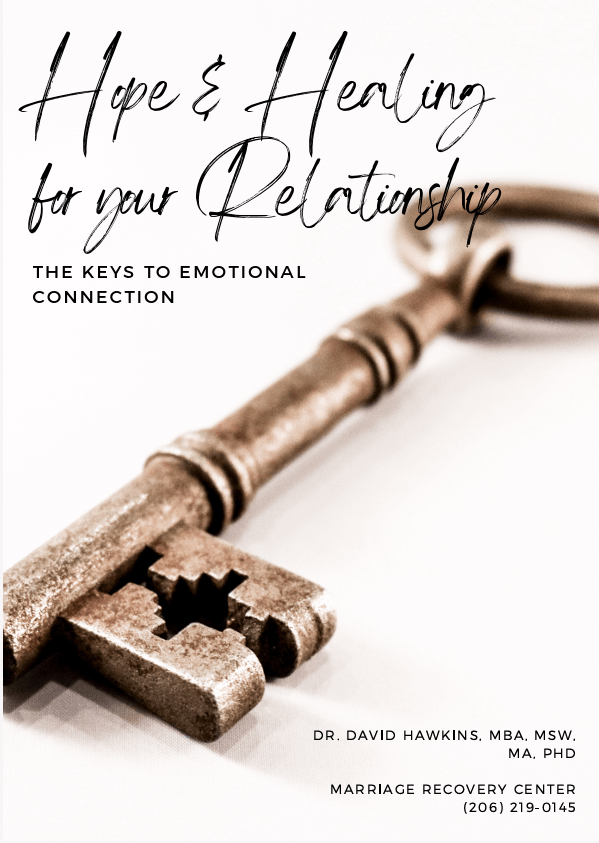“I blew it again this week,” a man said to me recently.
“What happened?” I asked.
“I don’t know what I was thinking,” he continued. “My wife reminded me of something she wanted me to do for her and I forgot all about it. Big mistake.”
“But, was it a ‘mistake?’” I asked. “Or was this the kind of ‘mistake’ you make on a regular basis?”
“Well,” he continued sheepishly, “it is something she has called me on a number of times before. It’s a pattern, I suppose. I just can’t seem to help it.”
“So, it’s not really fair to call it a ‘mistake,’ but rather a pattern of behavior,” I said. “And, I don’t agree that you can’t seem to help it. I think this is an issue of focus and responsibility.”
Every day I hear about a new incident that has set a person back in their efforts toward healing their marriage. These incidents are often described in ways that minimize the severity of the actions. I’ve heard them called ‘mistakes,’ ‘hiccoughs,’ ‘missteps’ and ‘forgetfulness.’
As you might imagine, if one calls these patterns of behavior ‘missteps, accidents, or mistakes,’ they distance themselves from responsibility and the problem is very likely to recur. Furthermore, if responsibility is placed outside of themselves, they are not likely to change. If a person firmly believes their troubled behavior is ‘an accident,’ (which is denial) and they are appropriately confronted, they are likely to become defensive and angry, blaming their mate for the problem.
Can you see how troubled behavior becomes even more entrenched? Can you see the ‘craziness’ that erupts from these defensive, distancing maneuvers? What could be handled quickly and efficiently with responsibility and change, becomes an even larger nightmare.
That said, we know that growth is not a straight line. It’s filled with hits and misses. However, if we pay attention, and are fully responsible, we use the misses for growth. But, we must be deliberate about it. We must do ‘inner work’ on each and every miss and take full responsibility for growth and change. This requires intense focus and daily work. It demands that we are critical about our patterns of behavior and completely open to hearing about the impact of our behavior on others. We must ‘root out’ the problem behavior, which is usually fueled by troubled thinking, and clean up our lives.
We have developed a worksheet to guide you through a process of turning a ‘failure’ into a success—an AFGO—Another Fortunate Growth Opportunity. This requires sitting back and reflecting on your situation, delving deeply into your patterned behavior, taking full ownership of your problems and seeking new thinking and new behavior.
Using this formula again and again, bringing your work to individual and group counseling, gives you an incredible opportunity for growth. When you ‘grow up’ and face your problem-thinking and troubled, immature behavior, you strengthen your self-esteem and are likely to be further esteemed by others.
We at The Marriage Recovery Center are anxious to discuss your AFGO’s with you. We will help you delve deeply into these self-defeating patterns of behavior and help you advance your work toward healing your marriage. Learn more about what we offer at the Marriage Recovery Center by contacting our Client Care team or call us at (206) 219-0145 to find out more about our services.








